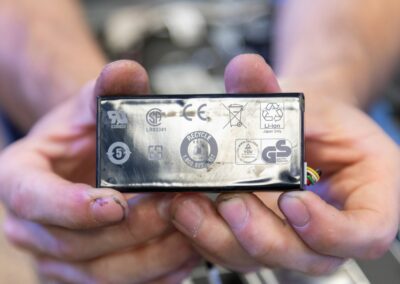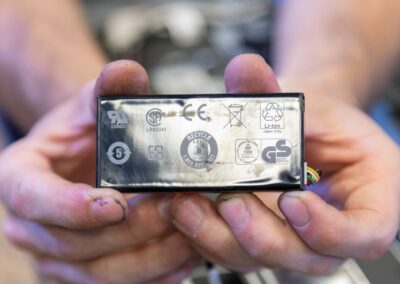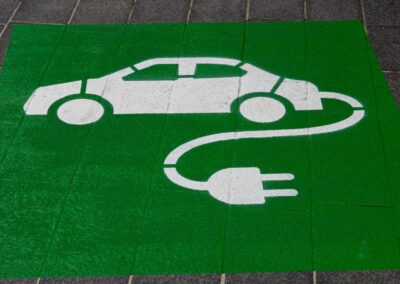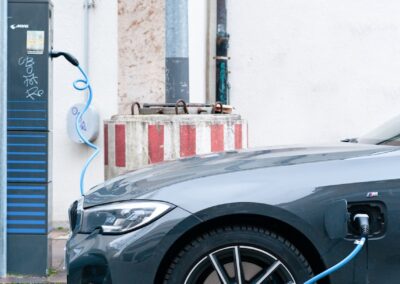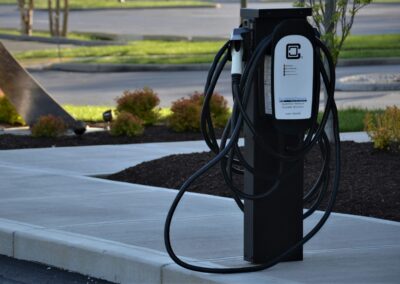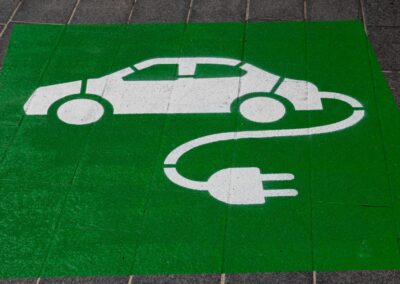Addressing the Needs of a Rapidly Expanding Market in Saudi Arabia and the UAE
Understanding the Challenges in EV Battery Production
Scaling up EV battery production to meet the growing market demand presents a range of challenges that must be addressed to ensure the sustainability and efficiency of the electric vehicle (EV) industry. This is particularly relevant for regions like Saudi Arabia and the UAE, where there is a strong commitment to advancing sustainable transportation. As cities such as Riyadh and Dubai continue to expand their EV infrastructure, understanding and overcoming these challenges is crucial.
One of the primary challenges in scaling up EV battery production is the availability of raw materials. Advanced batteries require specific materials like lithium, cobalt, and nickel, which are not only limited in supply but also pose significant environmental and ethical concerns regarding their extraction. Ensuring a steady and sustainable supply chain for these materials is essential to meet the increasing demand without causing adverse environmental impacts or supply chain disruptions.
Another critical challenge is the technological complexity involved in manufacturing advanced EV batteries. The production process requires high precision and consistency to ensure the batteries’ safety, efficiency, and longevity. This necessitates substantial investments in state-of-the-art manufacturing facilities and continuous innovation to improve production techniques. Furthermore, maintaining quality control while scaling up production can be difficult, requiring robust systems and skilled personnel to manage the complexities involved.
Innovative Solutions for Meeting Market Demand
Addressing the challenges of scaling up EV battery production requires a multifaceted approach, combining technological innovation, strategic leadership, and effective management practices. One of the key solutions is the development and implementation of advanced manufacturing technologies, such as artificial intelligence (AI) and automation. AI can optimize the production process by analyzing vast amounts of data to identify inefficiencies and predict maintenance needs, thereby reducing downtime and improving overall efficiency.
Blockchain technology can also play a significant role in enhancing the supply chain for raw materials. By providing a secure and transparent platform for tracking the sourcing, transportation, and usage of materials, blockchain can ensure the traceability and accountability of the supply chain. This can help in verifying the ethical and sustainable sourcing of materials, building trust among stakeholders and supporting the broader adoption of EVs. Additionally, blockchain can streamline logistics and reduce the risk of fraud, further enhancing the efficiency of the supply chain.
Another innovative solution is leveraging the metaverse and generative AI for training and development. Virtual reality (VR) and augmented reality (AR) can create immersive training environments for technicians and engineers, allowing them to gain hands-on experience with advanced battery production technologies. Generative AI can assist in designing optimized production systems by simulating various scenarios and identifying the most efficient and effective approaches. By embracing these advanced technologies, businesses in Saudi Arabia and the UAE can lead the way in developing innovative and sustainable battery production solutions.
Strategic Leadership and Change Management in Battery Production
The successful scaling up of EV battery production requires effective change management and strategic leadership. Business leaders and mid-level managers must navigate the complexities of this transition, ensuring that their organizations are well-equipped to embrace new technologies and processes. Executive coaching services can provide the necessary support, helping leaders develop the skills and strategies needed to manage change effectively and drive innovation within their organizations.
Effective communication is crucial during this transition. Leaders must clearly articulate the benefits of advanced battery production technologies to all stakeholders, including employees, investors, and customers. This involves not only explaining the technical advantages but also highlighting the long-term economic and environmental benefits. By building a shared vision and fostering a collaborative approach, leaders can ensure that the adoption of these technologies is embraced and supported throughout the organization. This approach can help mitigate resistance to change and ensure a smooth and successful implementation.
Management consulting firms can play a pivotal role in this transition by providing expert guidance and support. Consultants with expertise in battery technology and the automotive sector can offer insights into the technical and operational aspects of scaling up battery production. This includes conducting feasibility studies, developing implementation plans, and ensuring compliance with regulatory requirements. By leveraging the expertise of management consultants, businesses can navigate the challenges of adopting new technology and maximize the benefits of scaling up EV battery production.
#ScalingUpEVBatteryProduction #EVBatteryProduction #AdvancedBatteries #MarketDemand #SustainableTransportation #SaudiVision2030 #UAEVision2021 #LeadershipInAutomotive #AI #Blockchain #Metaverse #ManagementConsulting





